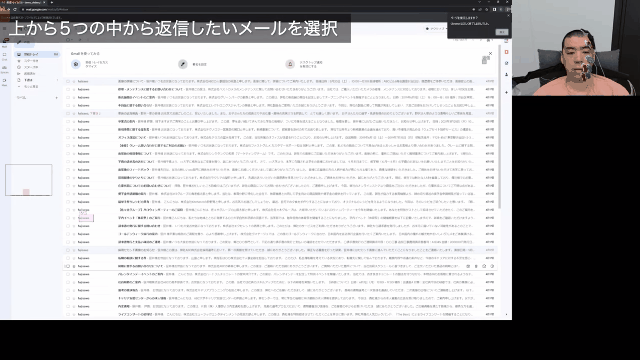ChatGPT and search engines are two different technologies, used for different purposes.
A search engine is a tool used to access information on the Internet. It performs operations such as crawling, indexing and sorting web pages to meet the needs of users who want relevant and useful information after a keyword search. The goal of a search engine is to help users find the desired content quickly and accurately in a vast amount of information. It mainly relies on predefined keywords and rules to perform matching and searching.
ChatGPT, on the other hand, is a natural language processing technology that understands and generates questions in natural language. It is not used to obtain information, but to answer questions and even to carry out conversations and natural language generation. ChatGPT aims to learn and imitate human language and way of thinking, and tries to solve complex natural language tasks.

Although they have different purposes and forms, they also share some similarities in some aspects. For example, search engines can better understand user queries by combining natural language and semantic analysis techniques, while giving more useful search results through operations such as aggregation and sorting. ChatGPT, on the other hand, can provide users with a more intelligent and humanized Q&A and conversation experience by integrating with search engines to make the search process more efficient and naturalized.
Thus, search engines and ChatGPT can complement each other and be applied together to improve the search experience and solve natural language problems.
Search engines are highly efficient and accurate in information retrieval, and can quickly find out the corresponding information based on the keywords entered by users, as well as ranking based on multiple dimensions such as the weight of web links and the structure and content of web pages to provide users with optimal search results. However, search engines usually only provide text-matched answers, and for more detailed and complex questions, it is often difficult to help users generate in-depth explanations and understanding.
ChatGPT, on the other hand, has stronger semantic understanding and generation capabilities to understand and process natural language questions and generate corresponding answers or solutions. chatGPT can continuously optimize the model through pre-training and fine-tuning methods to make it better at reasoning, interpretation, etc. However, in practical use, ChatGPT also has some problems, such as being vulnerable to the influence of samples and data, and it may give wrong or inaccurate answers due to the lack of practical experience.
Therefore, ChatGPT and search engines have no absolute advantages and disadvantages in terms of Q&A results, and they have their unique advantages in different scenarios and applications. ChatGPT may be more suitable for some questions that require in-depth understanding and reasoning, while search engines may be more advantageous for some questions that require quick answers and generate relevant information. Depending on the actual situation, the advantages of both can be combined to provide users with more comprehensive and accurate answers and solutions.




Comments15